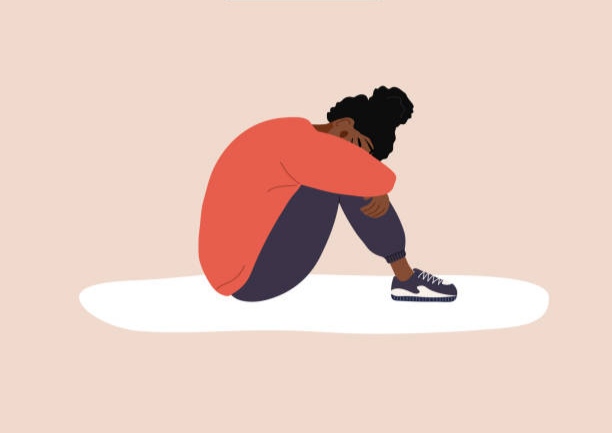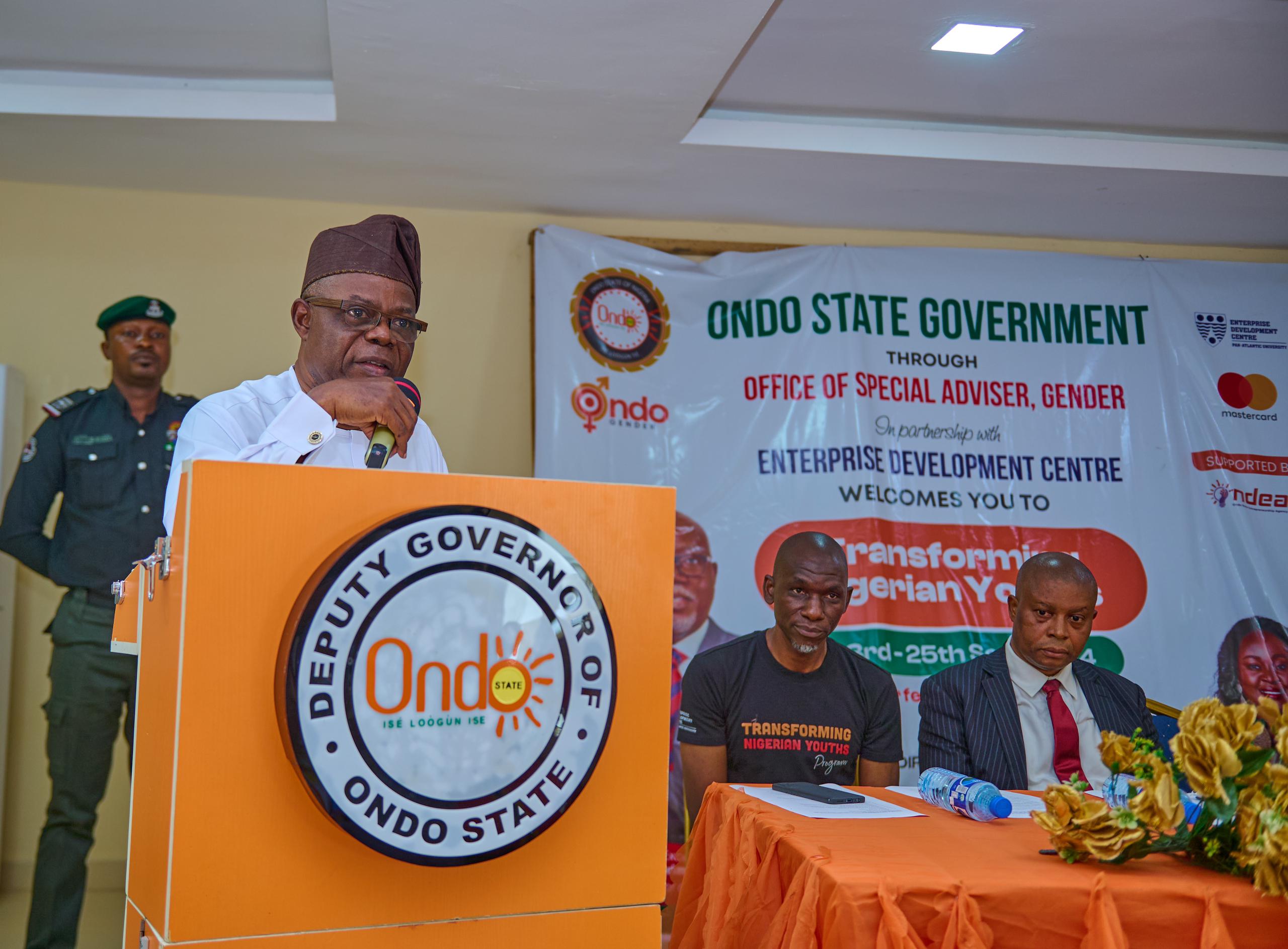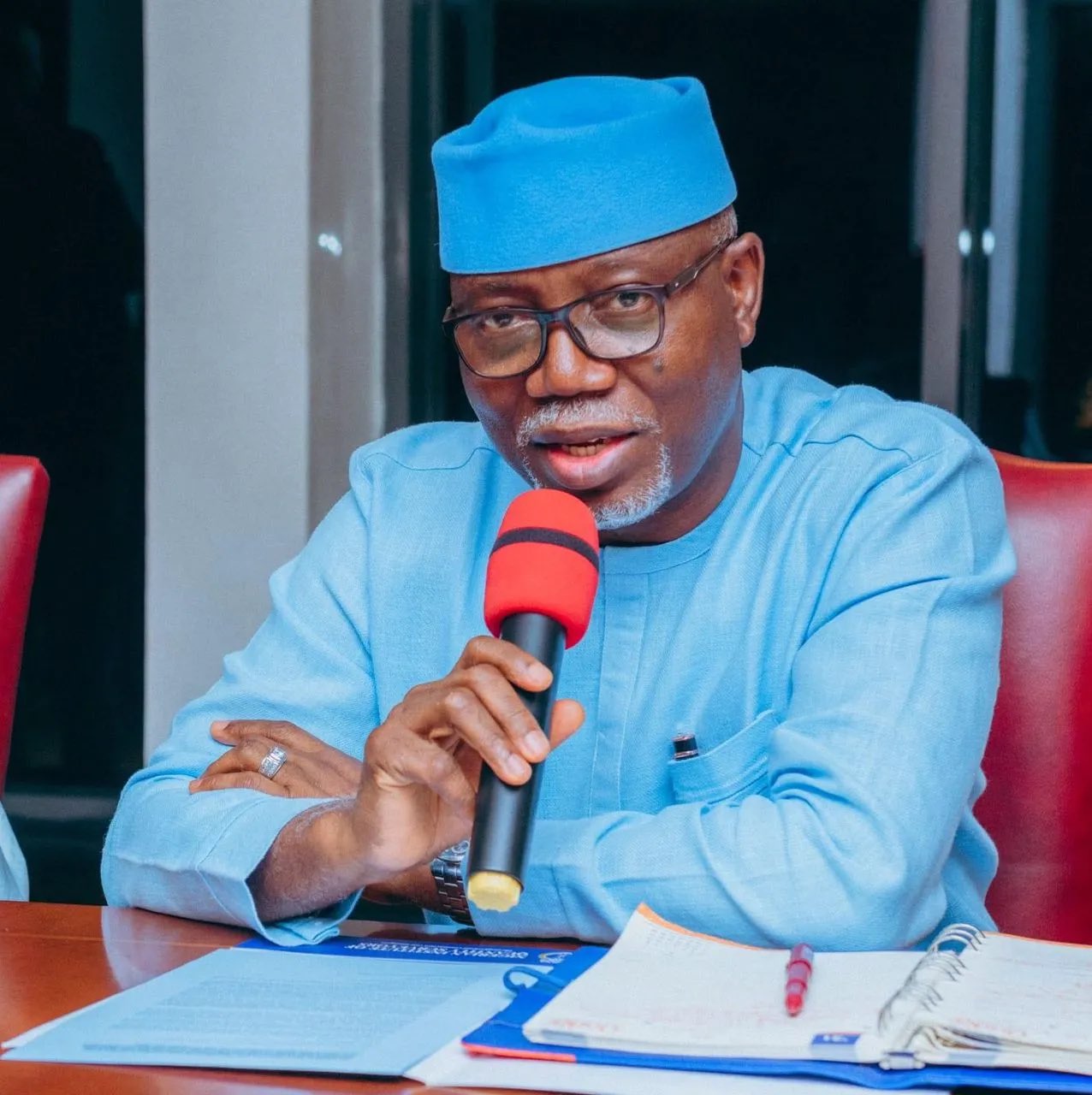By Funmilayo Afolabi
20-year-old ‘Praise’ (not real name) was almost in tears while she recounted her ordeal at the hands of her traffickers in Senegal and her family’s reaction to her after her rehabilitation program.
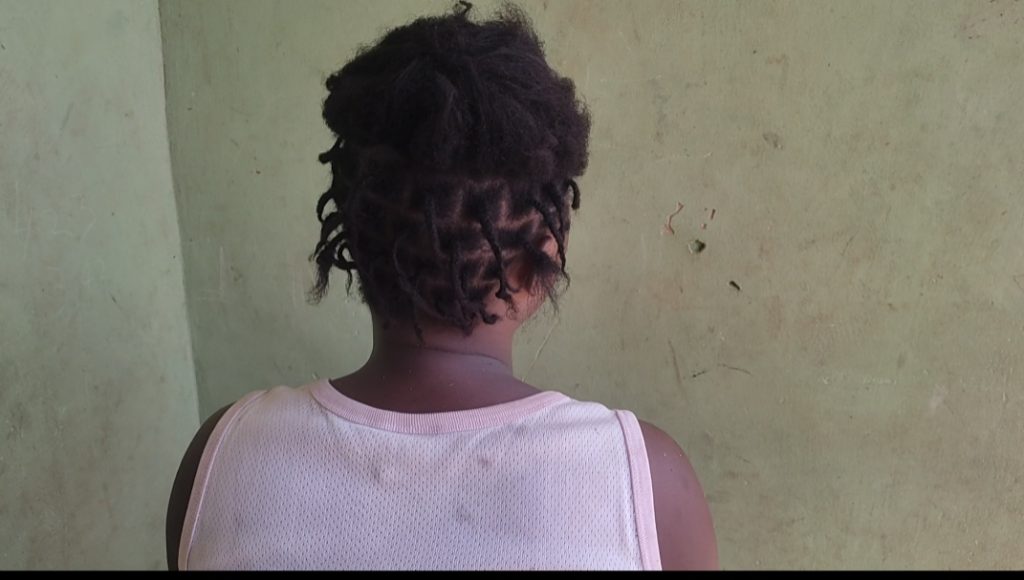
For ‘Praise’, the journey started in Kaduna, where she learnt how to make hair and went to Benin City to start her business, but she ended up managing a lottery game center, where she met a man who told her she could travel out of the country to become a maid.
According to her, ‘One man met me and asked me if I would like to be a housemaid abroad, and I agreed, and one month later, we traveled. I spent 1 week each in Lagos and Cotonou, and there they did my passport, and from there we entered Mali, where I started paying back my madam’.
‘At first, I complained about the work because I was told I was to be a maid and not a prostitute, but my madam said it was not my father’s land and I must pay her money. She used to beat me whenever I complained or did not bring enough money,’ she said.
She added that after she paid her ‘Madam’ about 1.2 million CFA francs, she was told to start saving for her return home. But she was always beaten whenever she asked for the money, and as such, she went to the Senegalese Police, who helped her out.
Praise, however, said her family’s reaction to her almost caused her to go back to the streets because they taunted her for coming back empty and for being spoiled goods’.
“My counsellor took me back home to my parents, but after he left, my step sisters started laughing at me for coming back empty-handed. In fact, it became so bad that I could not leave the house, and I was always crying every day. After I spoke to my mother, I decided to come back to the shelter so that I could make something of my life’ she added.
She revealed that she was always crying and neglected at home, so she went back to the rehabilitation center, where she was accepted.
Praise is presently learning to be a caterer and hopes to run a food business in the future.
Another experience
Praise is not alone in this. 19-year-old ‘Melody’ (not real name) was 17 years old when she was trafficked to Mali to supposedly be a maid for some international bureaucrats.
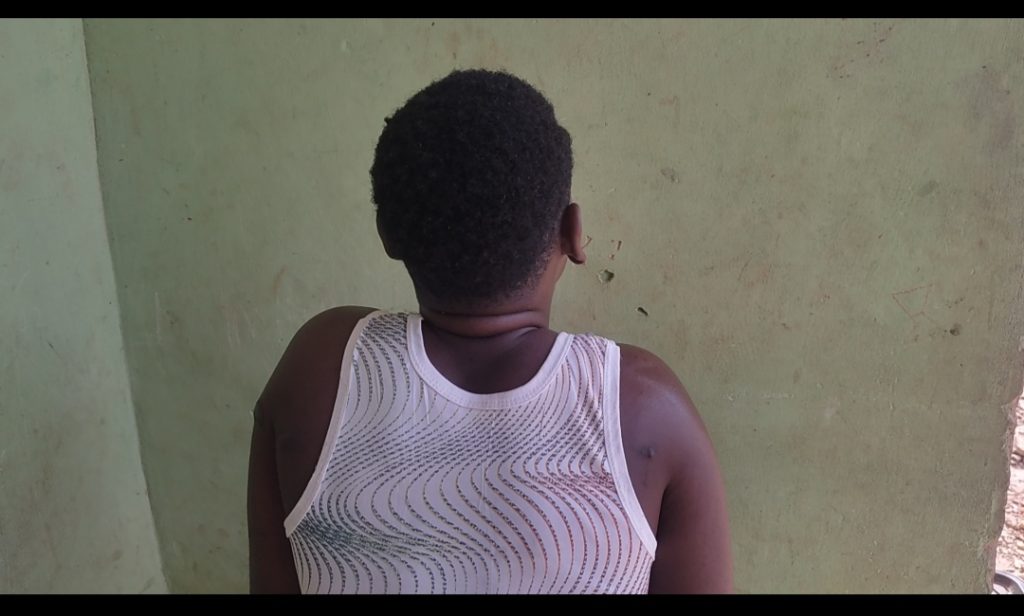
‘I was in JSS3 when I stopped school, so I started some petty businesses in Kogi State, where I eventually met a man called ‘Malik’. He and my madam said we would be working as maids for some Chinese men and also going to school. When we got there, it was a village before we saw some girls, and we had no choice because we did not have money or know the road’. She said.
While describing her experience in Mali as horrifying, Melody said she could not tell her parents or siblings what was happening to her because she was ashamed and did not want to be disgraced.
She, however, said she is happy to be back in Nigeria, and has since started her rehabilitation program, and is preparing to meet her parents back in Kogi State, hoping they will accept her back with welcoming hands.
A parent explains
A father who spoke on the condition of anonymity said he cannot accept his trafficked daughter back because of his position in society and the church.
According to him, she should have thought of all this before embarking on her journey.
He said, ‘I cannot accept her back. What would my neigbours say? What would society say? What would the church say? No, I cannot. Let her stay where she is. I can call her at intervals, but she is not welcomed in my house.’
How does the Rehabilitation program work for trafficked girls?
The rehabilitation program is meant to deprogram girls who have been trafficked out of the country. The girls are counselled and made to have one on one sessions with the counsellors.
The week-long program is to help the girls have a better orientation on how to live with the constant attention of their parents, learn life skills, vocational skills, training on money management, spiritual counseling and they also talk about the negative effect of trafficking on them.
The girls’ parents are also tracked in a bid to reunite them and start the process of healing for both parties.
However, some parents reject their wards and the girls end up going back with the counselors to the rehabilitation center to start another phase of their lives.
The Rehabilitation Center
The Manager and Counsellor, Emmanuel World Children Foundation, Mrs Precious Adaramola said the rehabilitation program is meant to deprogram the girls from their harrowing experience in the hands of their traffickers.
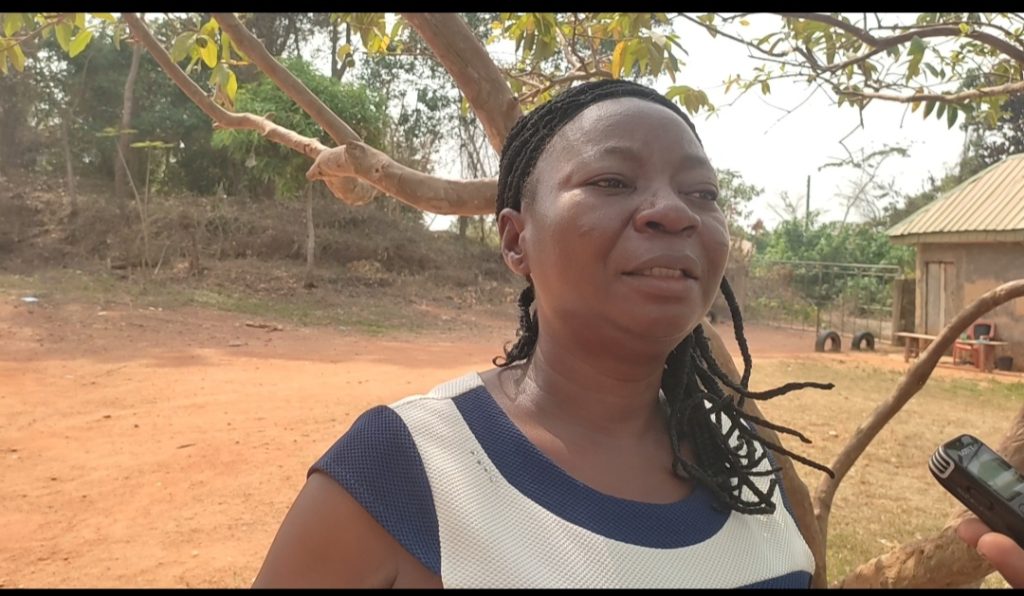
Mrs. Adaramola added that some girls are unable to go home due to their parents and their lifestyles, and as such, the shelter tries to help those in that category.
She said, ‘Some of them are coming from broken homes and family backgrounds that do not care for children, and this is what makes them vulnerable. So, we organize programs that will give them better orientation on how to handle life even if their parents are not there.’
‘By God’s grace, we have been having good results trying to locate their families, not only taking them to their family members but also doing research on what kind of family background they are coming from. We at times realize that some of the girls cannot go back to their families, and they stay back in the shelter, where we teach them the necessary survival skills. ’, she added.
She called on parents not to reject their wards, especially when trafficked, because this could add to the girls’ bad experiences and make them relapse.
‘In peculiar cases, we have had to counsel the parents so as to accept the girls back,’ she revealed.
The shelter owner and the Executive Director of the Emmanuel World Children Foundation, Mr. Emmanuel Adaramola, said the traffickers seem to be changing their location of recruitment because a large number of the rescued girls are from new states.
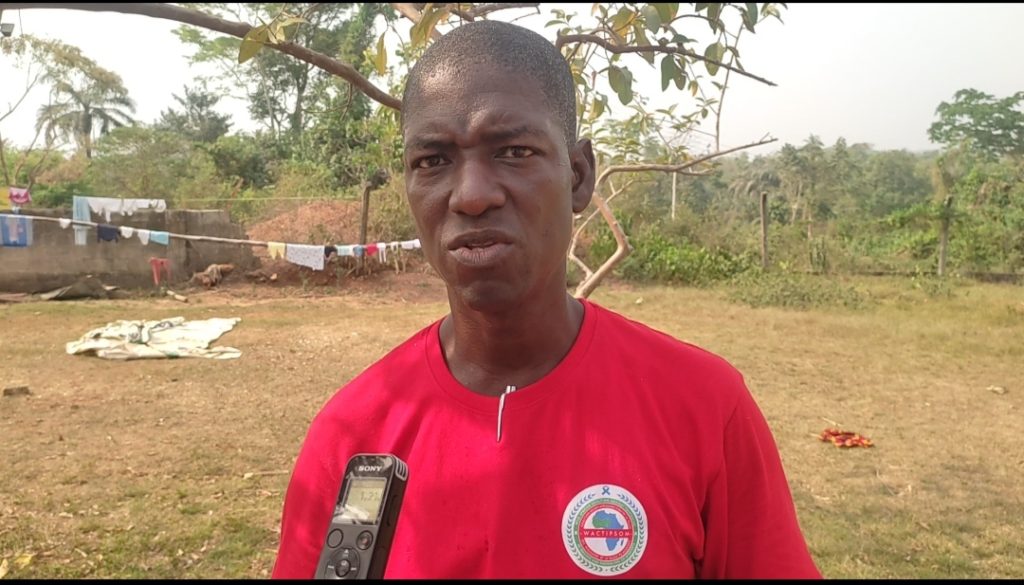
‘One key thing we identified is that Edo and Delta states that used to have a higher number of returnees are gradually reducing while states like Abia, Kogi, Enugu, and Benue are increasing, and we are also having some from the northern states that were not so before’, he added.
He opined that rehabilitation is important for those rescued from trafficking, saying it could reshape their behavior and disposition after their experience.
‘Alot of them have experienced difficult situations; some of them came back with health challenges; some of them came back with emotional stress; some of them are aloof and don’t know the next step to take. So while being at the rehabilitation center, we try to help them heal and accept themselves. We also bring experts that would talk to them to prepare them for after now and how to fit back into society’, he posited.
Mr. Adaramola revealed that while some rehabilitated girls have gone back to the streets, the number of those successfully rehabilitated outweighs those still on the streets.
He called for more interventions to save the girls who have been trafficked to other countries under the guise of leaving for greener pastures.

